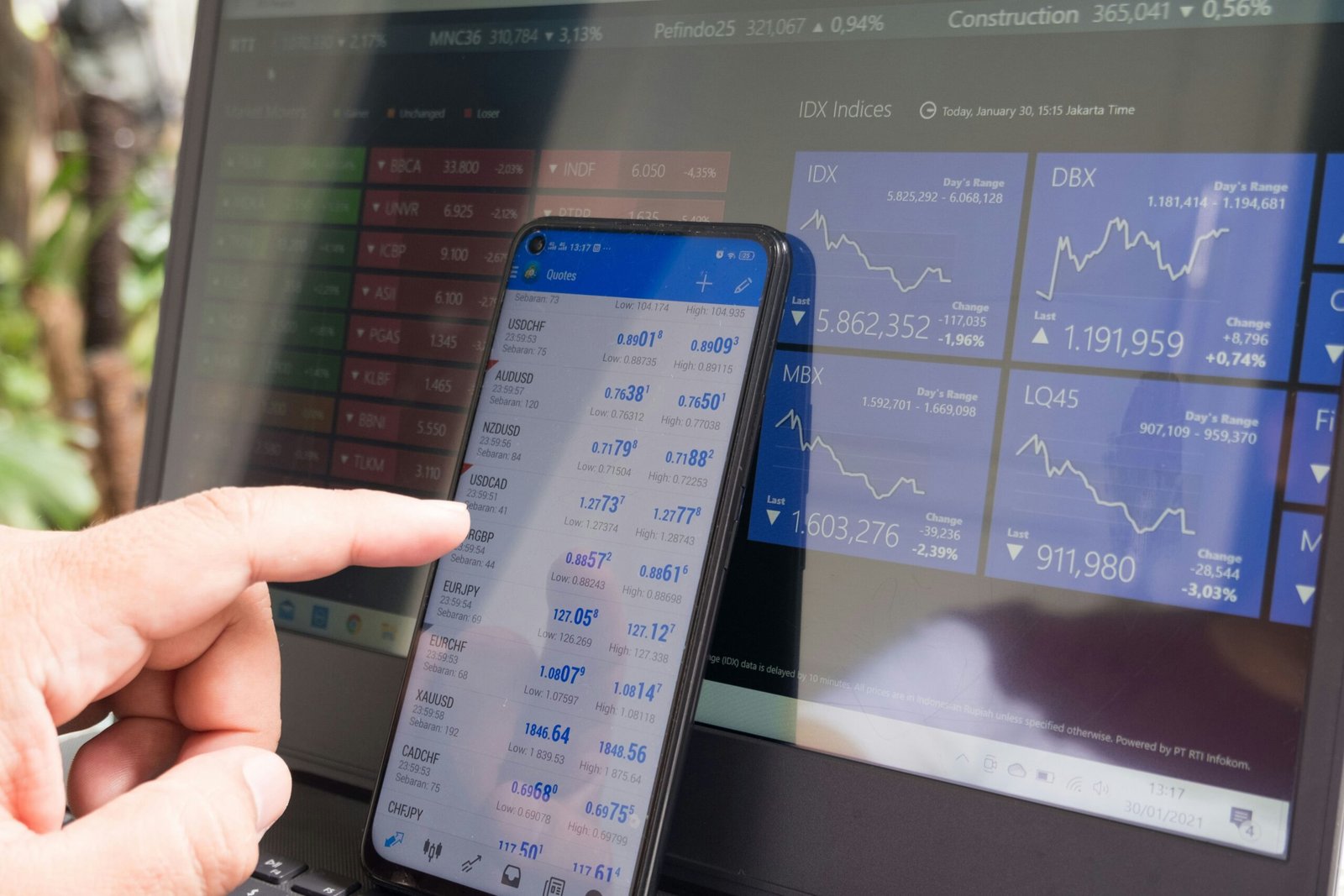Introduction to Forex Trading
Forex trading, also known as foreign exchange trading, is the buying and selling of currencies on the foreign exchange market. It is the largest and most liquid financial market in the world, with trillions of dollars being traded daily. In this blog post, we will explore the basics of forex trading and how it works.
How Does Forex Trading Work?
Forex trading involves the simultaneous buying of one currency and selling of another. Currencies are traded in pairs, such as EUR/USD or GBP/JPY. The first currency in the pair is known as the base currency, while the second currency is the quote currency.
When you trade forex, you are speculating on the value of one currency relative to another. If you believe that the value of the base currency will rise against the quote currency, you would buy the pair. On the other hand, if you think the value will decrease, you would sell the pair.
Forex trading takes place over-the-counter (OTC), which means that there is no central exchange. Instead, trading is conducted electronically through computer networks between traders around the world. This allows for 24-hour trading, five days a week.
Benefits of Forex Trading
Forex trading offers several benefits that make it an attractive option for investors:
- Liquidity: The forex market is highly liquid, meaning that you can enter and exit trades quickly and easily. This allows for more flexibility and better control over your investments.
- Accessibility: Forex trading is accessible to individual traders, regardless of their location or capital. You can start with a small investment and gradually increase your position size as you gain experience.
- Profit potential: Due to the volatility of the forex market, there is the potential to make significant profits. However, it is important to note that trading involves risk, and losses are also possible.
- Diversification: Forex trading offers the opportunity to diversify your investment portfolio. By trading different currency pairs, you can spread your risk and potentially benefit from different market conditions.
Key Factors Affecting Forex Prices
Several factors influence the prices of currencies in the forex market:
- Economic indicators: Economic data, such as GDP growth, inflation rates, and employment figures, can have a significant impact on currency prices. Positive economic data generally leads to a stronger currency, while negative data can weaken it.
- Interest rates: Central banks’ decisions on interest rates can affect currency values. Higher interest rates tend to attract foreign investors, leading to a stronger currency, while lower rates can have the opposite effect.
- Political stability: Political events, such as elections or geopolitical tensions, can create uncertainty and volatility in the forex market. Traders closely monitor political developments to assess their potential impact on currency prices.
- Market sentiment: The overall sentiment of traders and investors can influence currency prices. Positive sentiment can lead to buying pressure, while negative sentiment can result in selling pressure.
Conclusion
Forex trading offers individuals the opportunity to participate in the global currency market and potentially profit from currency fluctuations. However, it is important to approach forex trading with caution and to educate yourself about the risks involved. By understanding the basics of forex trading and staying informed about market developments, you can make informed trading decisions and increase your chances of success.

